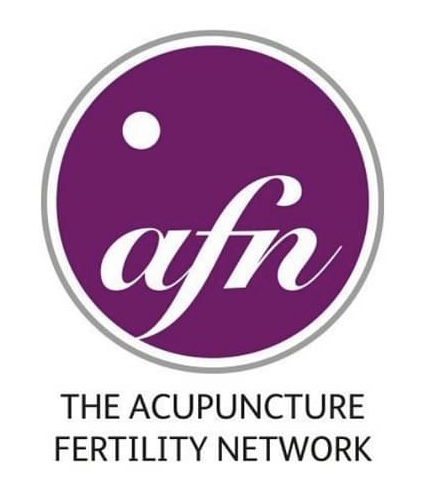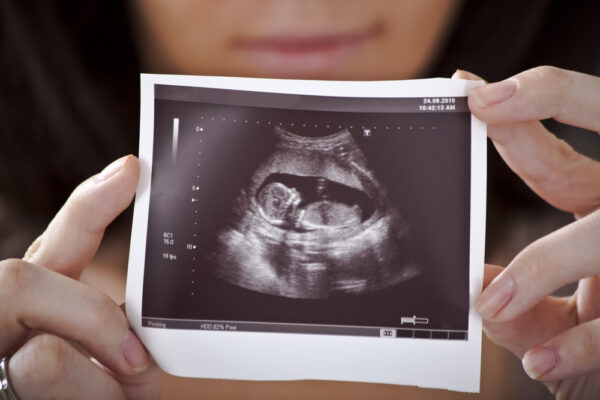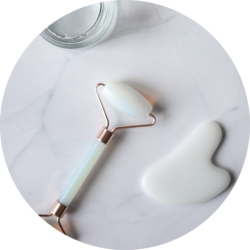FERTILITY
FERTILITY – HOW I CAN HELP
About one in six couples struggle to conceive naturally and this can be due to a number of factors, such as:
- Ovulatory disorders (PCOS, anovulation)
- Hormonal imbalances
- Immunological issues / autoimmune disorders
- Sperm anomalies
- Age
- Side effects from medication, for example chemotherapy
The difficulties that people face when struggling with infertility can lead to a lot of stress and tension. I know how draining and difficult it can be because I experienced the exact same thing. Something that should be joyous and happy becomes something you dread!
All of this tension can be reduced significantly if not completely avoided with acupuncture treatment.
I spend time to really understand each of my patients so I can create a customised treatment plan to suit each person’s specific needs. As a fully certified member of the Acupuncture Fertility Network (AFN), I have completed postgraduate-level diploma in gynaecology with a specific emphasis on fertility and obstretics from the College of Integrated Chinese Medicine.
I work with both women who are trying to conceive naturally as well as women who wish to go down the IVF route.
Acupuncture can help with
- Natural fertility
- Regulating the monthly cycle
- Balancing hormones
- Promoting ovulation
Acupuncture is one of the most commonly used complementary treatment alongside conventional fertility treatment.
Below is an outline of the different phases of treatment during IVF/ICSI and how at each stage acupuncture can be utilised. If you have any further questions regarding treatments please do not hesitate to contact me.




TESTIMONIAL
“I worked with Nadine for my first IVF cycle – which, to our utter delight, has been successful.
I highly recommend Nadine for acupuncture treatments. I went to see her after having a miscarriage last year. She helped me to deal with the emotional part and getting my hormones back to normal. I fell pregnant again after a few sessions! She’s very supportive and approachable.“
Acupuncture during IVF / ICSI
PHASE 1 – DOWN REGULATION (LONG PROTOCOL) OR BEFORE THE PERIOD (SHORT PROTOCOL)
Down–regulation medication allows the ovaries to rest for a short period of time in order to better control egg maturation and ovulation.
During down-regulation, the acupuncture treatment will aim to reduce any side effect from the drugs (hot flushes, headaches) and support your body to fully clear out the uterine lining in the next period.
Studies have found acupuncture during the IVF process may improve implantation and pregnancy rates (https://www.acupuncture.org.uk/a–to–z–of–conditions/a–to–z–of–conditions/infertility–art.html) by regulating the hormone levels, increasing the blood flow to the uterine lining und reducing stress which might affect implantation.
PHASE 2 – STIMULATION
During the stimulation phase drugs are used to encourage multiple follicles to mature.
Acupuncture then concentrates on optimising the quality of the follicles, supporting the blood flow to the uterus and improving your response to the drugs.
Ovarian Hyperstimulation Syndrome (OHSS) is a potential side effect at this stage. For this reason, you will have multiple scans and blood tests to check the response to the drugs.
PHASE 3 – PRE- and POST-EMBRYO TRANSFER
A 2002 published research paper looked into the effects of acupuncture when given just before and after embryo transfer. The results showed that implantation rates could be increased by as much as 60% with acupuncture just before and just after embryo transfer (https://pubmed.ncbi.nlm.nih.gov/11937123/).
The acupuncture treatment will aim to increase blood flow to the uterine lining to provide the best possible environment for the embryo. Acupuncture will also help to reduce any cramping that might occur from the transfer procedure.
PHASE 4 –LUTEAL PHASE / TWO WEEK WAIT
The two week wait can be a stressful period for many couples.
Acupuncture half way through this period is used to lower stress levels and help to relax the body and mind.
Acupuncture can also help to improve male fertility by increasing testosterone levels, lowering the scrotal temperature and improving sperm maturation in the epididymis. However, it is important to note that it can take approximately three months for sperm to fully mature.
SERVICES
Acupuncture
Ear acupuncture

Cupping
gua sha

Moxibustion
shonishin

